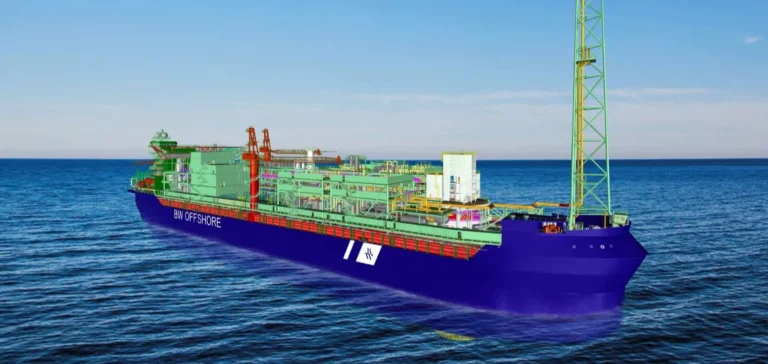BW Offshore has signed a Head of Agreement with Equinor Canada Ltd for the design and supply of a Floating Production, Storage and Offloading (FPSO) unit for the Bay du Nord oil project, located offshore Newfoundland and Labrador. Considered Canada’s first deepwater development, the project is based on estimated recoverable reserves of 400 million barrels of light crude in its initial phase. Equinor is the operator alongside its partner BP.
An infrastructure designed for extreme conditions
The agreement positions BW Offshore as the preferred bidder for the FPSO unit and launches a phase of in-depth technical and commercial discussions. The unit will be designed to operate in the sub-Arctic environment, with production capacity of up to 160,000 barrels per day. Front-End Engineering Design (FEED) will focus on cost optimisation while incorporating an architecture adapted to extreme conditions, including a disconnectable turret system and advanced winterisation equipment.
FEED preparation and local presence
BW Offshore and Equinor will enter a bridging phase from mid-September, in preparation for the FEED start scheduled for early 2026. This step is subject to approval by both partners. As part of this collaboration, BW Offshore plans to open a local office in Newfoundland to support development activities during the engineering and future operational phase.
Modular approach and long-term vision
The FPSO design also foresees the possibility of tiebacks from future oil fields, strengthening the project’s long-term economic viability. Planned equipment includes emission reduction systems such as heat recovery, variable speed drives and a closed flare system. These technical choices aim to ensure energy efficiency while meeting the site’s operational requirements.
Under the terms of the agreement, BW Offshore will continue discussions with Equinor on final contractual conditions in the coming months. The project remains subject to regulatory and partner approvals.






















